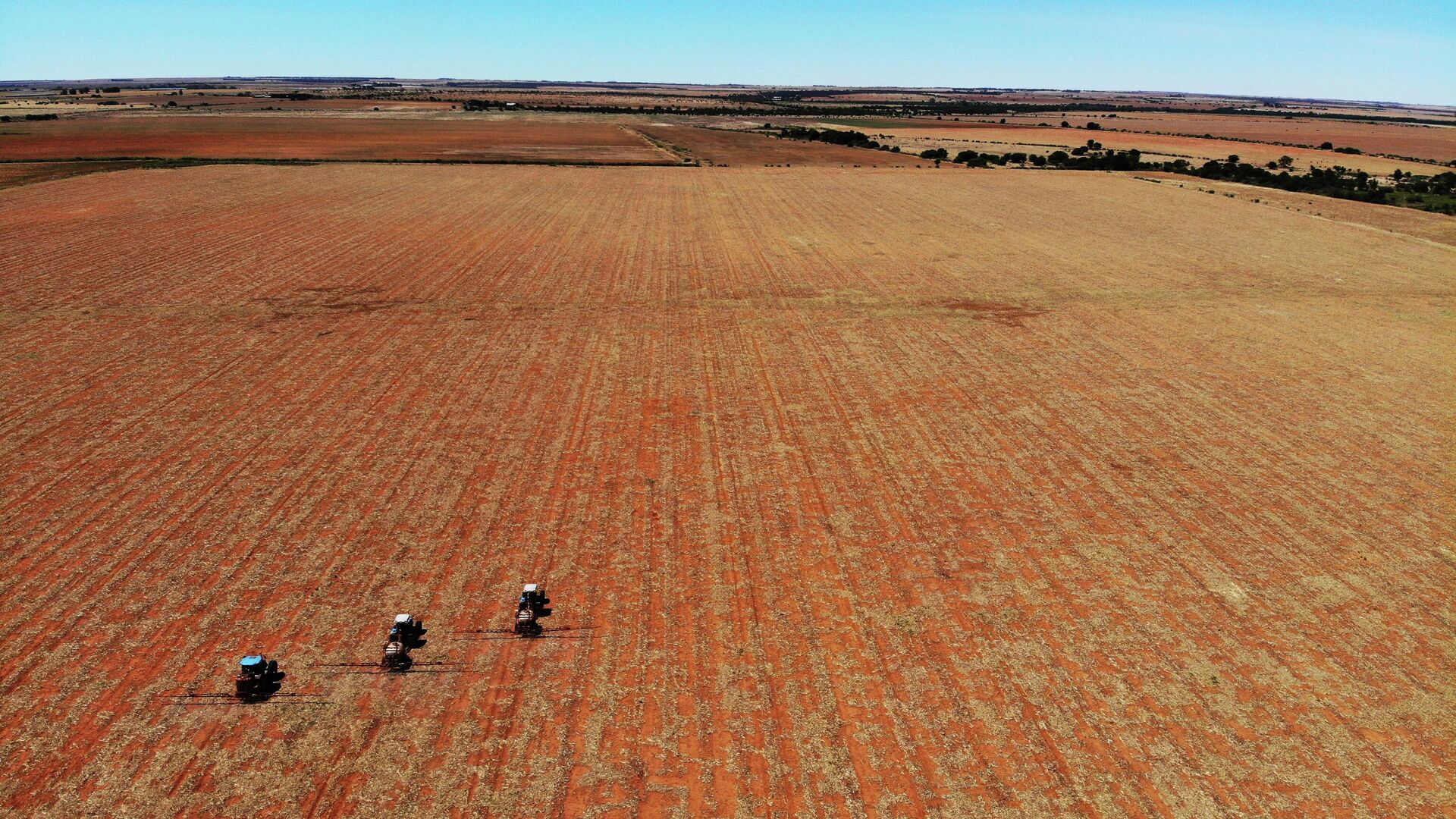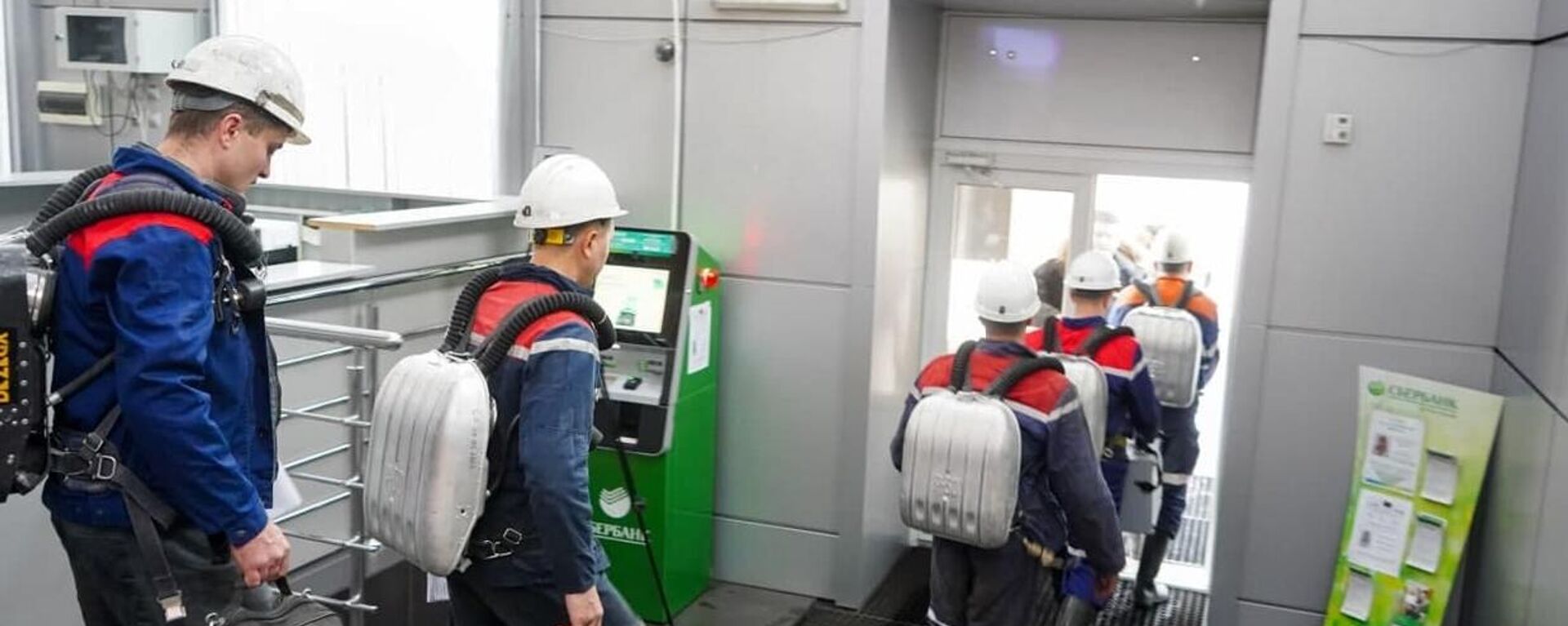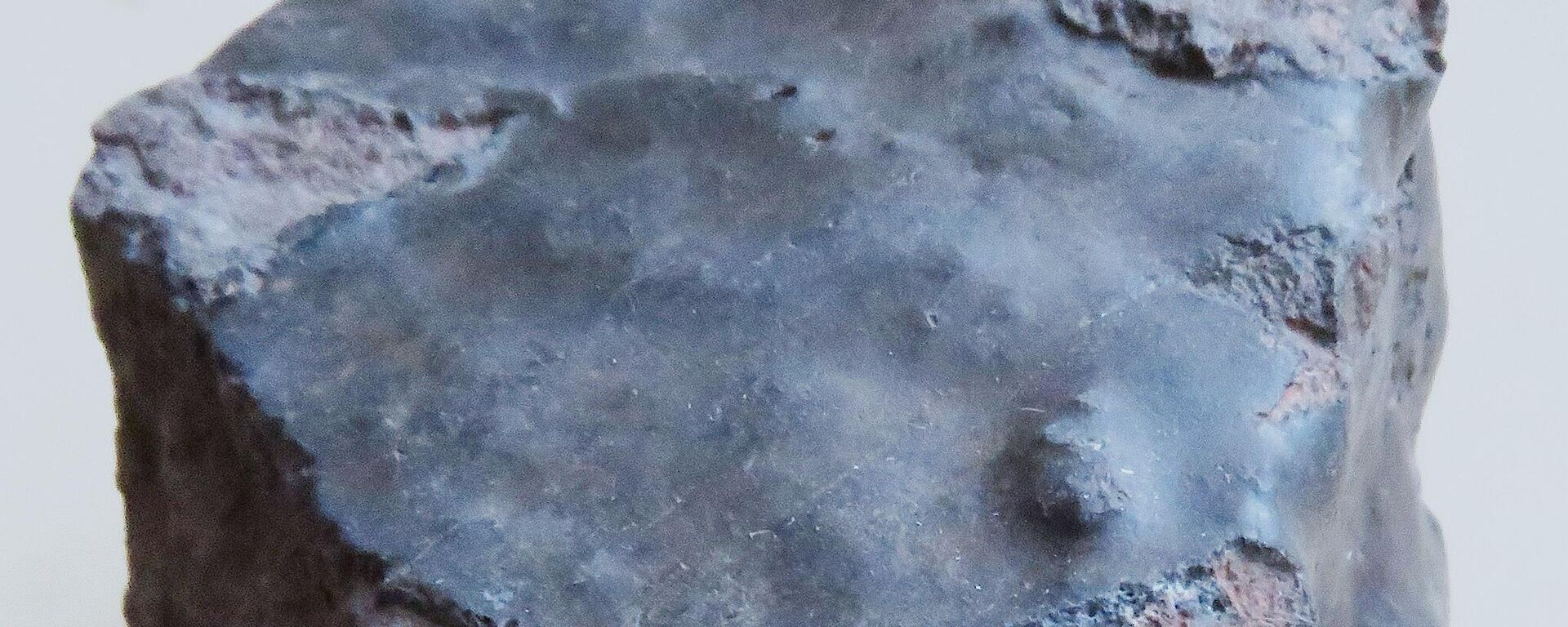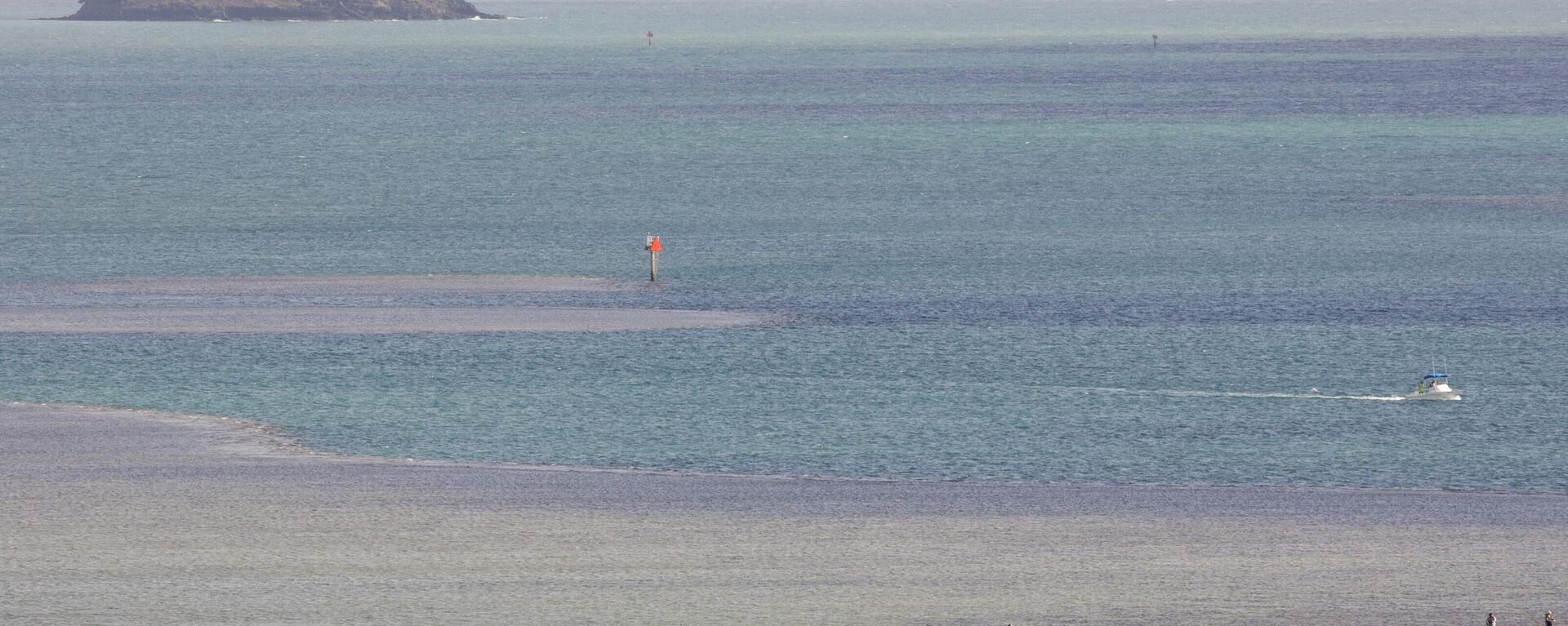https://sputnikglobe.com/20230727/russian-led-scientific-team-simplify-search-for-eco-friendly-fertilizers-1112175467.html
Russian-led Scientific Team Simplify Search for Eco-Friendly Fertilizers
Russian-led Scientific Team Simplify Search for Eco-Friendly Fertilizers
Sputnik International
Scientists at Russia’s Tomsk Polytechnic University (TPU), in collaboration with local and foreign colleagues, have conducted a study that will facilitate the search for deposits of environmentally safe fertilizers for agriculture.
2023-07-27T07:25+0000
2023-07-27T07:25+0000
2023-07-27T10:26+0000
beyond politics
russia
science & tech
tomsk polytechnic university
russian science foundation
fertilizer
https://cdn1.img.sputnikglobe.com/img/07e6/0b/01/1102918861_0:160:3073:1888_1920x0_80_0_0_cb4678f2f0c4d47856b649cc907ede1e.jpg
According to Maxim Rudmin, head of the research group and associate professor at the Division for Geology at Tomsk Polytechnic University, the scientific team has identified direct correlations between various ancient volcanic rocks (volcanites) and potential deposits of certain clay mineral fertilizers.Unlike nitrogen and phosphorus fertilizers, clay minerals with high iron, silicon, and potassium content are completely harmless to the environment. Moreover, as previously reported, they improve soil properties and increase crop yields.One such mineral, said Rudmin, is a potassium-rich layered aluminosilicate known as glauconite. Glauconite can be used in both agriculture and home gardening, either on its own or in combination with other fertilizers.Scientists believe that the regularities they discovered by analyzing mineral-geochemical samples from rocks in the North-Minusinsk basin (Siberia) would facilitate the search for glauconite deposits."We have identified the patterns of clay mineral occurrence based on ancient volcanites. For example, the primary product of alteration in a volcanic rock called trachyte in a marine environment will be the mineral glauconite, while in rhyodacite it will be illite, and in trachyandesite it will be smectites and chlorites," Rudmin explained.In addition to facilitating the search for clay mineral deposits, the research is of fundamental importance. Understanding the evolution of minerals will help date ancient volcanic eruptions worldwide, claim the authors of the published study in the Applied Clay Science.The scientific team's next objective involves obtaining fresh perspectives on the formation conditions of additional secondary minerals within the studied rocks. By doing so, they aim to enhance their comprehension of the various conditions and stages through which volcanic substrates undergo transformation in a marine environment, the scientists said.The study was conducted in cooperation with experts from Tyumen University (Russia) and scientists from the Department of Earth Sciences of the Indian Institute of Technology, Bombay, with the participation of experts from Spain.The research was supported by the Grant № 22-77-10002 of the Russian Science Foundation within the project "Clay mineral-based nanocomposites as new eco-friendly controlled-release fertilizers.”
https://sputnikglobe.com/20230511/scientists-find-way-to-prevent-fires-in-coal-mines-using-3d-models-1110036562.html
https://sputnikglobe.com/20230725/scientists-discover-meteorite-that-left-earth-then-returned-1112144493.html
https://sputnikglobe.com/20230725/oceans-increasing-turning-green-over-last-20-years-scientists-say-1112125531.html
russia
Sputnik International
feedback@sputniknews.com
+74956456601
MIA „Rossiya Segodnya“
2023
Sputnik International
feedback@sputniknews.com
+74956456601
MIA „Rossiya Segodnya“
News
en_EN
Sputnik International
feedback@sputniknews.com
+74956456601
MIA „Rossiya Segodnya“
Sputnik International
feedback@sputniknews.com
+74956456601
MIA „Rossiya Segodnya“
russian science, tomsk polytechnic university, fertilizer, eco-friendly fertilizer, russian scientists
russian science, tomsk polytechnic university, fertilizer, eco-friendly fertilizer, russian scientists
Russian-led Scientific Team Simplify Search for Eco-Friendly Fertilizers
07:25 GMT 27.07.2023 (Updated: 10:26 GMT 27.07.2023) Scientists at Russia’s Tomsk Polytechnic University (TPU), in collaboration with local and foreign colleagues, have conducted a study that will facilitate the search for deposits of environmentally safe fertilizers for agriculture.
According to Maxim Rudmin, head of the research group and associate professor at the Division for Geology at Tomsk Polytechnic University, the scientific team has identified direct correlations between various ancient volcanic rocks (volcanites) and potential deposits
of certain clay mineral fertilizers.
Unlike nitrogen and phosphorus fertilizers, clay minerals with high iron, silicon, and potassium content are completely harmless to the environment. Moreover,
as previously reported, they improve soil properties and increase crop yields.
One such mineral, said Rudmin, is a potassium-rich layered aluminosilicate known as glauconite. Glauconite can be used in both agriculture and home gardening, either on its own or in combination with other fertilizers.
Scientists believe that the regularities they discovered by analyzing mineral-geochemical samples from rocks in the North-Minusinsk basin (Siberia) would facilitate the search for glauconite deposits.
"We have identified the patterns of clay mineral occurrence based on ancient volcanites. For example, the primary product of alteration in a volcanic rock called trachyte in a marine environment will be the mineral glauconite, while in rhyodacite it will be illite, and in trachyandesite it will be smectites and chlorites," Rudmin explained.
In addition to facilitating the search for clay mineral deposits, the research is of fundamental importance. Understanding the evolution of minerals will help date ancient volcanic eruptions worldwide,
claim the authors of the published study in the Applied Clay Science.
The scientific team's next objective involves obtaining fresh perspectives on the formation conditions of additional secondary minerals within the studied rocks. By doing so, they aim to enhance their comprehension of the various conditions and stages through which volcanic substrates undergo transformation in a marine environment, the scientists said.
The study was conducted in cooperation with experts from Tyumen University (Russia) and scientists from the Department of Earth Sciences of the Indian Institute of Technology, Bombay, with the participation of experts from Spain.
The research was supported by the Grant № 22-77-10002 of the Russian Science Foundation within the project "Clay mineral-based nanocomposites as new eco-friendly controlled-release fertilizers.”





